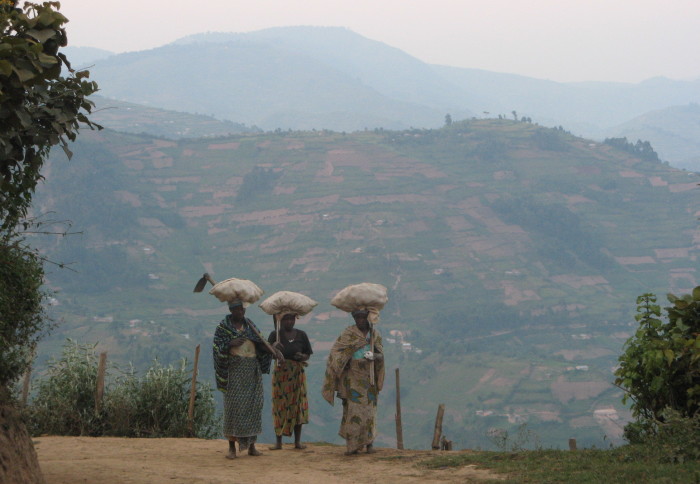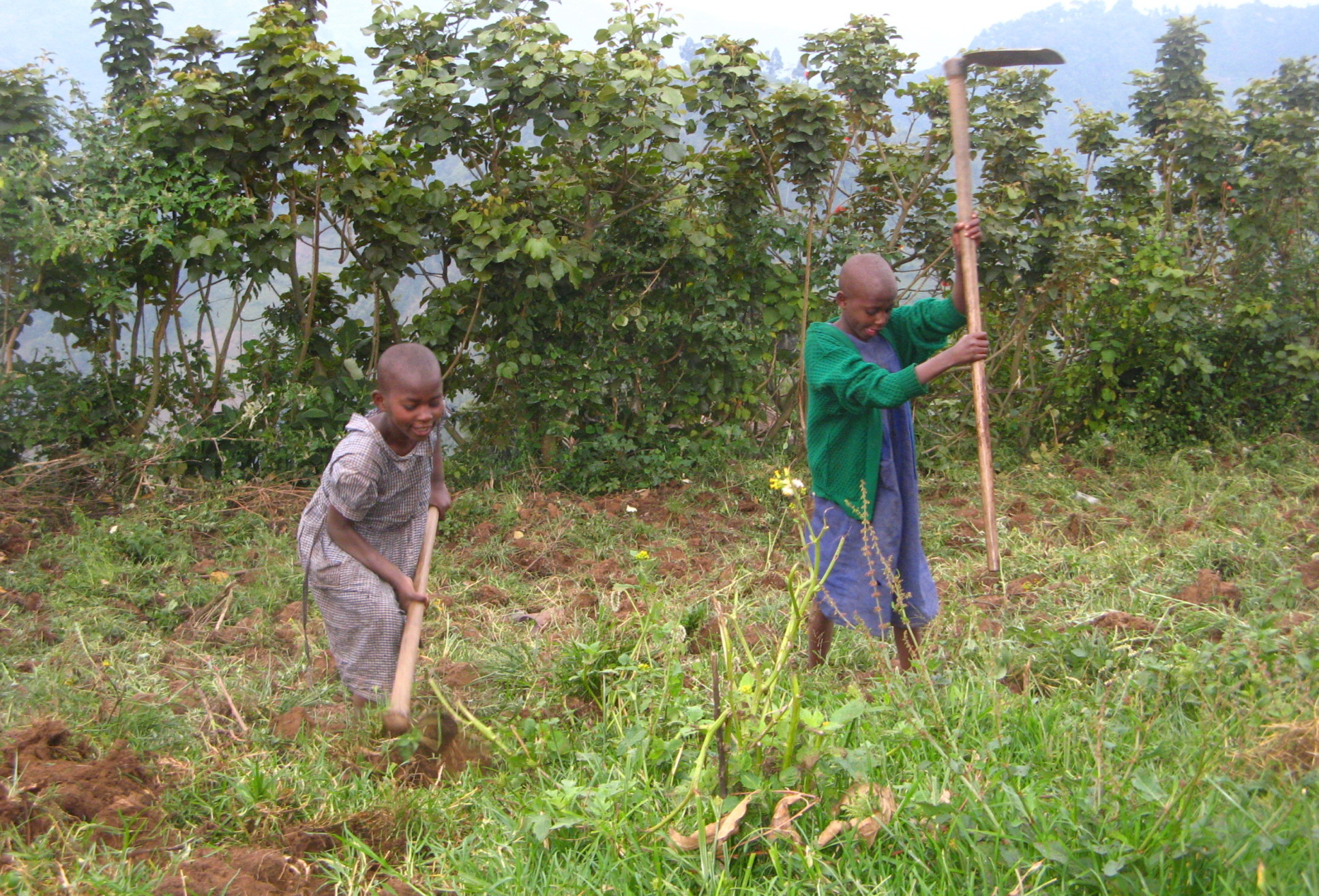Why better weather forecasting can help climate adaptation in Africa

With the rainy season changing, better forecasting is essential for local people, says Dr Caroline Wainwright, expert in African weather and climate.
Global warming caused by human activities since 1850 has heated the land surface of the planet by an average of 1.1°C.

Even this small increase has led to more frequent and more severe impacts from weather patterns such as storms, droughts and heatwaves, to an extent that scientists say is surprising.
We interviewed an expert who studies how global temperature changes are affecting seasonal rainfall in the world’s tropical regions, particularly sub-Saharan Africa.
For millions of people, whose health and livelihoods are strongly dependent on seasonal rainfall, this research is vital to their present and future.
Dr Caroline Wainwright is a Research Fellow at the Grantham Institute – Climate Change and the Environment at Imperial College London.
What are you working on?
I’m a Research Fellow and part of my work is with the Kenyan Meteorological Department and ICPAC which is the regional climate centre for East Africa, where we’re creating better weather forecasting and early warning systems for local people. Part of our work involves understanding how seasonal rainfall varies on interannual timescales and how it will change in the future due to climate change.
How is rainfall over Africa changing?
We’re seeing more variable rainfall – some years the rainy season starts very late and others it starts very early, and we’re seeing longer dry periods and more intense and extreme rainfall. We will continue to see this pattern as climate change progresses.
How does this impact local people?
A less predictable rainy season makes it very difficult to plan, most notably in agriculture, health and hydropower.
For example, farmers need to know when the beginning of the wet season will be so they can plant their crops, apply fertilisers without worrying about them being washed away, and know when dry periods will be so they can harvest. Less predictability also makes crop yields more volatile.
Malaria mosquitos are more prevalent in the wet season, so it’s important that prevention can be planned before the season begins. Also, for hydroelectric dams reservoir levels need to be low before the wet season begins, and high by the end of the season to last through to next wet season.

How does your work with the Kenyan Meteorological Department help tackle this?
Improving early warning systems and forecasts is really important, so that local people are equipped with the knowledge and tools to adapt, plan and make better decisions.
By knowing a drought might be on the way, farmers can for example, decide to plant different crops or varieties more suited to dry conditions. Or they might wait to sow their crops if the wet season is going to be late.
How will climate change impact food production in Africa?
The impact will be regionally different. Higher temperatures and increased rainfall might mean some areas can grow a wider range of crops, while other regions may have to deal with fewer crop types and lower yields.
Knowledge needs to reach people on the ground, so that they know what changes are available to them, such as different varieties and crops. In some regions this may mean that traditional crops and foods need to change.
What does 'resilience' look like for people in Africa?
It’s different for different people, but I think it’s people with access to early warning systems, good forecasts, and who are really aware of the weather and climate conditions they are going to experience. They would also have a toolbox of different ways of coping, be that more drought resilience crops, different methods of producing energy, or different ways of protecting their homes from floods and droughts.
How do you feel about the future?
I’m very optimistic about the future. There’s new technology and we have a lot of the solutions we need. On top of that, young people are passionate about solving the climate crisis and they place a lot of importance on it. We need that passion to expand to other generations.
What do you want to see happen to shift us onto the right path?
I’d like to see everyone make climate their first priority, to put it before other political and economic concerns. We also need to use the technology that’s available so that in everything we do we are thinking about climate and minimising our impact.
Article text (excluding photos or graphics) © Imperial College London.
Photos and graphics subject to third party copyright used with permission or © Imperial College London.
Reporter
Jez Fredenburgh
The Grantham Institute for Climate Change